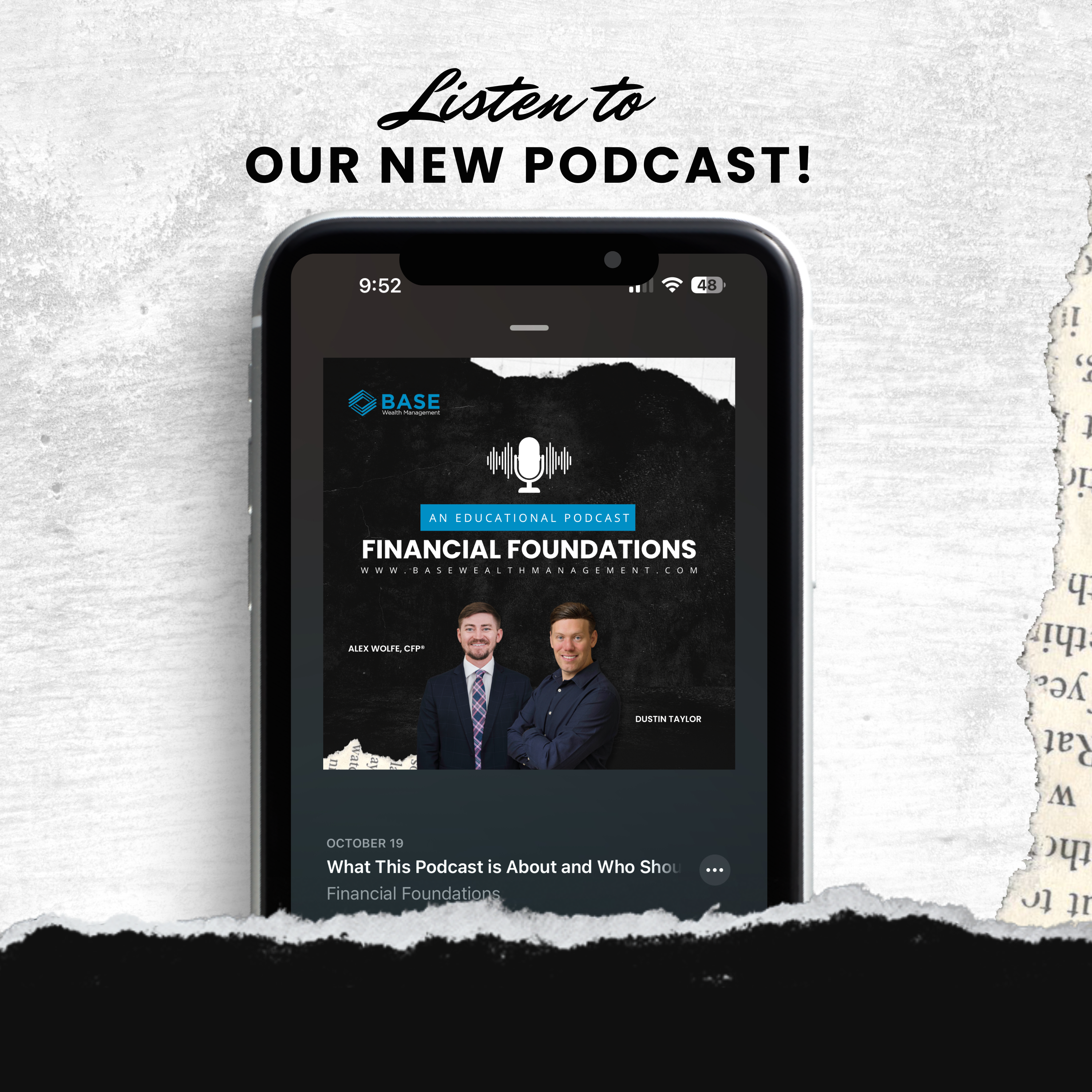Fed Holds Rates
The Federal Reserve kept interest rates unchanged as concerns over inflation from tariffs and economic uncertainty persist. While inflation recently eased, experts warn that tariffs on essential goods could drive prices higher, prompting the Fed to take a cautious approach. Consumer borrowing costs remain elevated despite previous rate cuts, though mortgage, auto loan, and credit card rates have started to decline. Meanwhile, savings account yields remain attractive, providing some financial relief amid ongoing economic challenges.
Transitory Inflation From Tariffs
The Federal Reserve is revisiting the idea of “transitory” inflation as officials project inflation rising to 2.8% in 2025 but quickly declining thereafter. Chair Jerome Powell acknowledged that tariff-related inflation could be temporary, emphasizing the need to monitor inflation expectations and market reactions. Despite concerns over potential inflationary impacts from tariffs under Trump, markets responded positively to Powell’s remarks, with stocks rallying. While the Fed kept interest rates unchanged, it signaled the possibility of two rate cuts this year, maintaining a cautious but flexible stance on monetary policy.
Home Sales Soar In February
Sales of previously owned homes unexpectedly rose 4.2% in February to 4.26 million units, despite analysts predicting a decline. Inventory increased 17% year over year, but supply remains tight, keeping home prices at record highs for February. First-time buyers reentered the market, while investors pulled back, and all-cash purchases stayed steady at 32% of sales. However, real estate agents report weaker-than-normal market conditions this spring, with affordability concerns and economic uncertainty keeping some buyers on the sidelines.

















